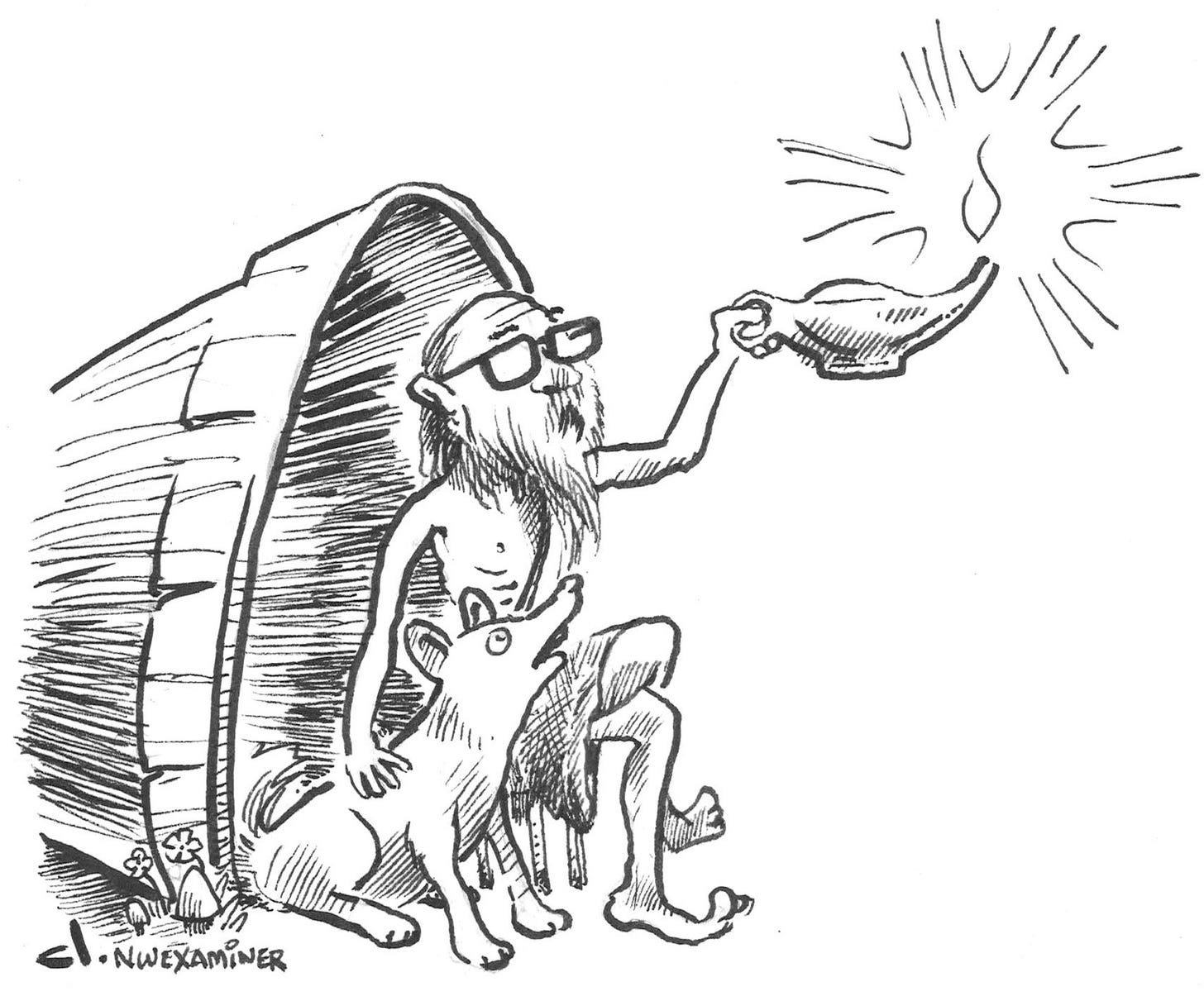Democracy's dark passenger
Editorial
It has been said that Americans default to democracy. Even in small groups, they see “majority wins” as the core of fair decision-making. “Fair” and “democratic” are virtually synonymous, used in tandem more for emphasis than further clarification.
The concept prevails across the political spectrum. The internal governance rules of the American Communist Party and the Ku Klux Klan could have been exchanged without disrupting either group.
I have seen this democratic instinct while covering scores of neighborhood associations and other grass-roots groups. Individuals have sometimes overridden the will of the majority, but it is not something they boasted about.
There is, however, an equally strong instinct at work, and it flows in the opposite direction—the desire for the approval of peers; cliquishness, if you will. Once individuals are accepted into a leadership cadre, they are loath to reveal its secrets or undermine its leader. Doing so would risk expulsion from the honored circle and loss of social standing. Their duty of loyalty is applied as loyalty to their peers.
In the worst cases, this cohesiveness might be likened to the “honor among thieves,” compelling all participants to keep silent lest their own part in a dishonorable scheme be revealed.
The antidote to this vicious cycle is something I understood as an adolescent, though never committed it to words. It is the willingness to go against the crowd, to say no to something one considers deeply wrong.
Like many teenagers, I coveted the approval of peers. I did not want to stand out by wearing the wrong clothes, using the wrong words or appearing awkward before the trendsetters. Yet even then, the people I most admired were those bold enough to be themselves without shame or apology.
I knew this as a youth but still have to battle the instinct. That resistance has led to greater camaraderie and friendships than could be imagined by pursuing the in crowd.
The benefits of standing tall are not merely personal. The engaged and independent-minded citizen is rarer and more precious to our nation and communities than leadership. They see approaching dangers or call us to higher principles when others look away.
Call them the loyal opposition, but their loyalty is not to their peers, allies, party or any individual. It is to the higher mission of the body or society to which they belong. Americans take oaths to the Constitution, not the president.
Lately I’ve been thinking about board members of the Food Front Cooperative Grocery, who pledged to uphold seven high-minded, worthy principles. Yet these directors would not speak out when things were going wrong, when the interests of the membership were subjugated to the will and authority of their leaders. The names changed over the decades, but the pattern endured.
What gives the dissenter, the whistleblower or the leaker of confidential information the right to assert one’s own conscience or beliefs?
They do not have such a right. They can be punished for the laws and norms they break, deserving leniency perhaps but not immunity. Their legitimacy is in this vulnerability. Who is more trustworthy than someone with nothing to gain but everything to lose?
One can at once be both morally right and ethically wrong. Right on the level of their higher purpose but wrong in the sense of abrogating the just rules of society.
We seek a leader who will save us from our current calamity. We should be searching as Diogenes of old for one honest man.



